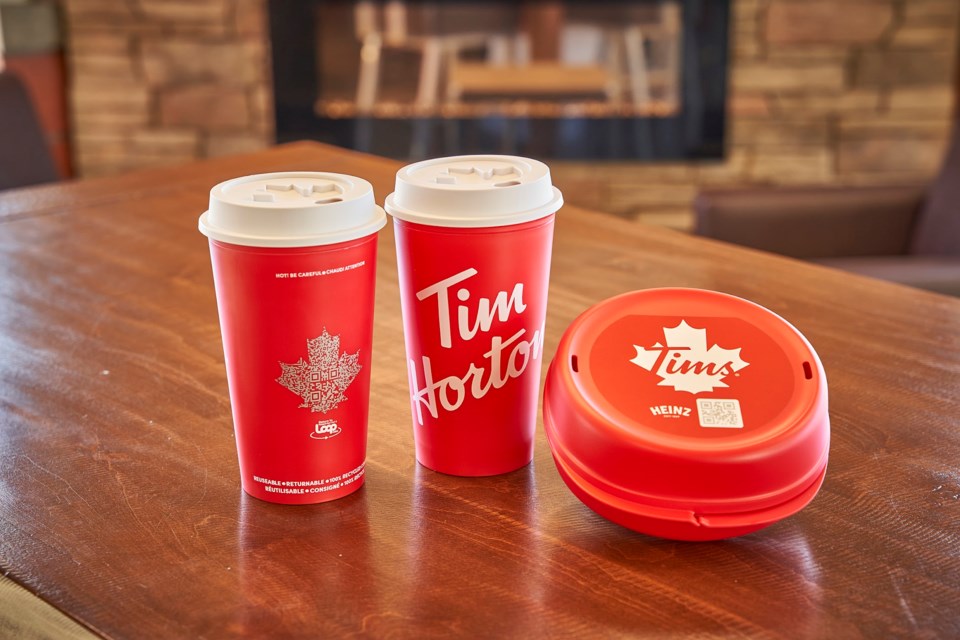In June 2022, Canadian privacy commissioners found coffee giant Tim Hortons allegedly used a mobile app to track people’s movements without their consent.
In the wake of that finding, the much-loved company is offering Canadians who used the app a beverage and a snack.
The offer came as a result of a class-action suit filed against the company in Quebec Superior Court, said Montreal-based LPC Avocat Inc., a class-action law firm focusing on protecting consumer rights.
The plaintiffs said the company collected geolocation data of Canadian users who used the Tim Hortons app, without adequate notice to users or proper consent.
The plaintiffs claimed the actions constituted breaches of the Civil Code of Quebec, of the Quebec Charter of Human Rights and Freedoms, of federal and provincial privacy legislation, of provincial consumer protection legislation, of the Competition Act, breach of contract, intrusion upon seclusion, statutory privacy torts and breach of trust.
The Quebec firm noted none of the allegations have been been proven in court and are contested by the company. Tim Hortons maintains it complied at all times with all applicable legislation and committed no wrongdoing of any kind.
“The parties have agreed to a national settlement of the claims, without any admission of liability,” the firm said.
The offer applies to all Canadian resident users of the app with registered accounts in Canada whose geolocation information was collected by any of the defendants between April 1, 2019 and Sept. 30, 2020.
Without admitting liability, the company has agreed to give each eligible user an app credit for a baked good such as a croissant, muffin, cookie, bun, biscuit or a doughnut to a maximum value of $2.39, and a hot beverage such as a brewed coffee, hot latte, hot cappuccino, hot espresso, a hot cortado, hot tea or a hot chocolate, to a maximum value of $6.19, plus taxes.
Commissioners’ findings
The federal and provincial privacy commissioners’ report released in June said tracking people’s movements can give companies insights into sensitive data such as trips to medical clinics indicative of specific medical treatments or illness. Other locations can lead to deductions about religious beliefs, sexual preferences, social and political affiliations as well as other information such as a person living at a sexual or domestic abuse shelter or working at a prison, the report said.
“This continual and vast collection of location information resulted in a loss of app users’ privacy that is not proportional to the potential benefits Tim Hortons may have hoped to gain from improved targeted advertising promoting its coffee and associated products.”
For Privacy Commissioner of Canada Daniel Therrien, the case was unacceptable and gravely serious. Moreover, he said it presents mass surveillance concerns.
“As a society, we would not accept it if the government wanted to track our movements every minute of every day,” Therrien said.
But that’s what Tim Hortons did, he said.
“People were simply misled,” Therrien said. “You simply cannot consent on that basis.”
B.C. commissioner Michael McEvoy said such behaviour is both contrary to the law and erodes trust between customers and companies.
“This case is a clear lesson to all organizations to think before collecting,” McEvoy said.
The commissioners did not know if other companies were doing the same thing but suggested such behaviour was likely.
The joint investigation was done by the federal Office of the Privacy Commissioner of Canada and the provincial offices in B.C., Alberta and Quebec.



